ADHD drug to be trialled on ice addicts
A PILL that treats ADHD in children will be given to ice addicts in a world-first trial to wean them off the deadly drug.
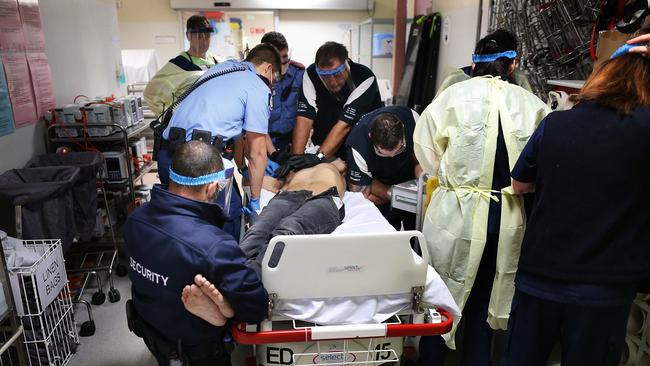
NSW
Don't miss out on the headlines from NSW. Followed categories will be added to My News.
A PILL that treats ADHD in children will be given to ice addicts in a world-first trial to wean them off the deadly drug.
Sydney researchers are recruiting 180 regular ice users to test the stimulant lisdexamfetamine in the hope of discovering the first medication to treat severe ice dependency.
The new study will determine if high doses of the drug — more than three times the amount prescribed for Attention Deficit Hyperactivity Disorder in kids — can reduce cravings and withdrawal symptoms.
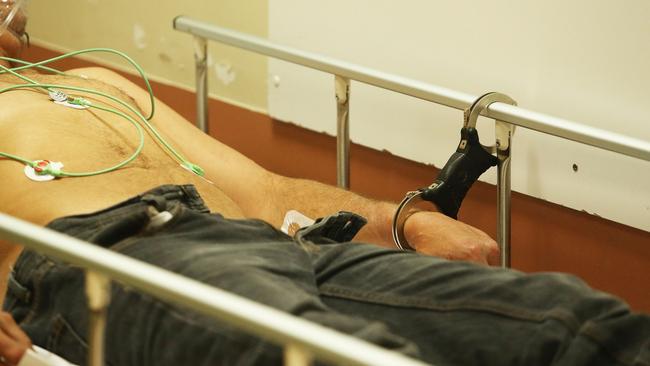
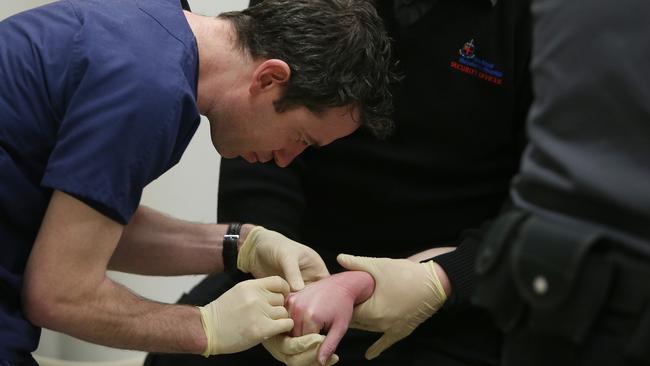
The once-a-day tablet, known as lisdex, closely mimics the effects of ice and should act like nicotine replacement for smokers or methadone for heroin users. However, lisdex is long-acting in the bloodstream compared with crystal methamphetamine.
Lead researcher Dr Nadine Ezard, clinical director at St Vincent’s Hospital drug and alcohol services, said the trial, which started last week, was “exciting for the whole world”.
“It would be great if we have something we could offer people,” she said.
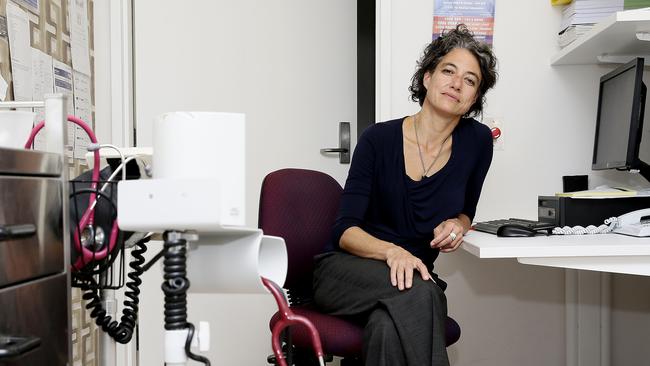
A number of different medications have been tested previously but failed to prove effective.
St Vincent’s Hospital’s acting director of emergency Associate Professor Paul Preisz said he was confident lisdex would work.
“We have had a terrible couple of years with the growing problem of methamphetamines,” he said.
THE RURAL GENERATION OF YOUTH BECOMING LOST TO ICE
“There is a really difficult group who struggle with the usual options to get clean. This is an important development for that group.”
Counselling is the current treatment for ice addiction.
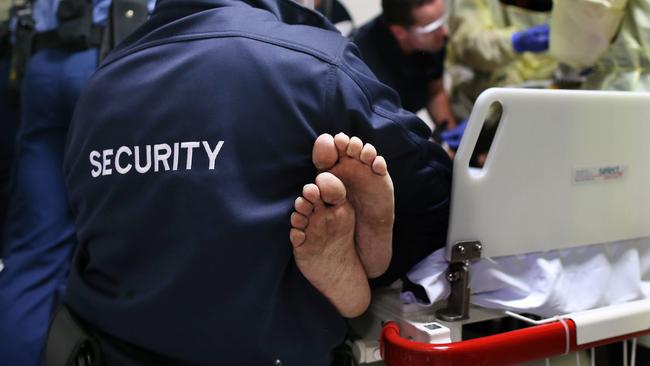
Ice, a form of methamphetamine or “speed”, is usually smoked or injected. While its effects last about six hours, users often find it difficult to sleep for days afterwards.
This can lead to exhaustion, hallucinations, depression and confusion. In some cases, high doses of ice lead to bizarre, aggressive or violent behaviour and paranoid psychosis.
The low cost of the drug has fuelled an ice epidemic in recent years, leading to crime sprees while destroying families and whole communities.
WHERE ICE IS HALF THE PRICE AND ‘PUTRID’
The new trial, expected to take at least two years, will be held at four treatment centres in Darlinghurst and Mt Druitt in Sydney, Newcastle and Adelaide.
During the 19-week study one group will get a placebo while the other will get 250mg of lisdex. The dose for ADHD is 70mg.
The two groups will then be compared.
“You wouldn’t assume that people stay on this drug forever,” Dr Ezard said.
St Vincent’s conducted an earlier small trial in 2014 to test if a high dose of lisdex would be safe. In 2015, the study, to be conducted in partnership with three universities, was awarded more than $1 million from the federal government and St Vincent’s Curran Foundation.
Dr Ezard said the treatment would benefit the increasing number of serious ice users who seek help as a last resort.
“We want them to come forward before they run into problems,” she said.
“We have some people who had been using for decades before they sought help.”
If you would like help with addiction contact the National Alcohol and Other Drug hotline on 1800 250 015.
